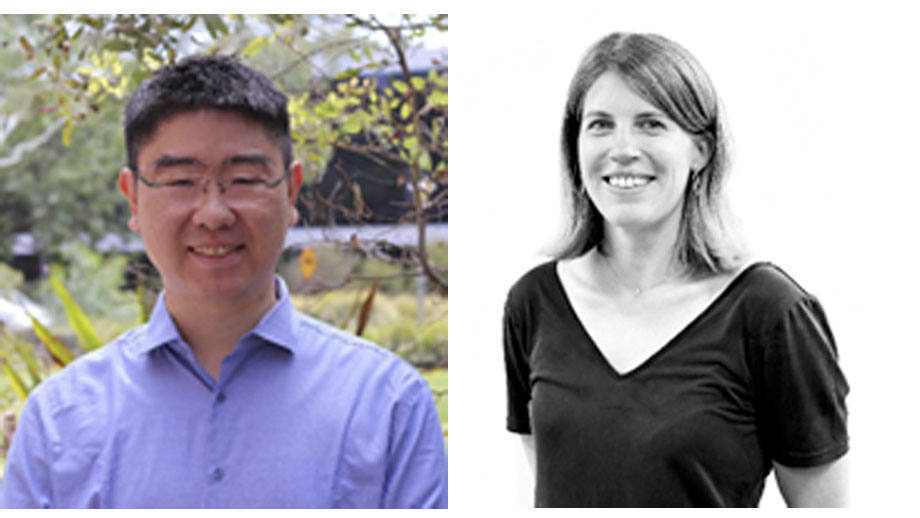PS Seminar Series: Challenges and opportunities in applying imaging and computer vision techniques to plant phenotyping
Plant phenotyping methodologies have come a long way from manual scoring and destructive characterization to high-throughput imaging techniques.
Speakers
Event series
Content navigation
Description

Abstract -Plant phenotyping methodologies have come a long way from manual scoring and destructive characterization to high-throughput imaging techniques. Particularly 3D-imaging techniques have undergone a lot of development in recent years. However, large-scale implementation of 3D plant phenotyping is hampered by technical challenges such as occlusion and visual ambiguities. In this talk, we will discuss the power of 3D phenotyping, present example data from a commercially available 3D phenotyping platform and outline some limitations with the technology. We will then introduce how computer vision tools can be used to improve the quality of 3D imaging. Specifically, we will cover how deep learning and basic vision tasks such as image classification, object detection and segmentation, can deal with complex canopy problems. Finally, we will provide future perspectives into how computer vision and machine learning can aid science discovery and outline the strong potential of cross-disciplinary collaborations.
Dr Liang Zheng
Biography - Dr Liang Zheng is a Senior Lecturer, CS Futures Fellow and DECRA Fellow in the School of Computing, Australian National University. He is best known for his contributions in object re-identification, and his recent research interest is data-centric computer vision, where improving leveraging, analysing, and improving data instead of algorithms are of primary concern. He was/is co-organiser of a few interesting workshops, an Area Chair for a few premiere computer vision conferences, and an Associate Editor for a few high-quality journals. He received his B.S degree (2010) and PhD degree (2015) from Tsinghua University, China.
Dr Frederike Stock
Biography - Frederike is a Research Project Officer at the Australian Plant Phenomics Facility (APPF) at ANU. She received her PhD from Ghent University, Belgium, in 2019 prior to moving to Australia. Her PhD research focused on chemical interactions in the phycosphere – the microenvironment surrounding algal cells. She joined APPF in 2020 where she is working on a research collaboration between APPF, the College of Computer Science and Engineering (CECS), the Centre for Entrepreneurial Agri-Technology (CEAT) and Canadian biopharmaceutical company Medicago. In her role at APPF she is growing plants in high precision growth environments and uses different imaging techniques such as 3D-, hyperspectral- and fluorescence imaging for plant characterization.
Location
When: Feb 11, 2022 03:30 PM Canberra, Melbourne, Sydney
Topic: Dr Liang Zheng and Dr Frederike Stock's webinar
Please click the link below to join the webinar:
https://anu.zoom.us/j/81254197569?pwd=UjYrbHdKL0puL3VLVUtweUFhNXJEUT09
Webinar ID: 812 5419 7569
Passcode: 899858

